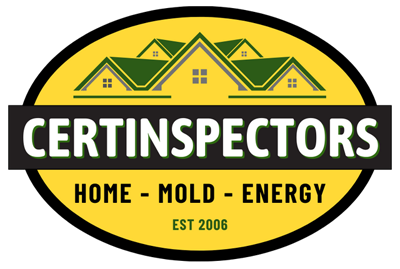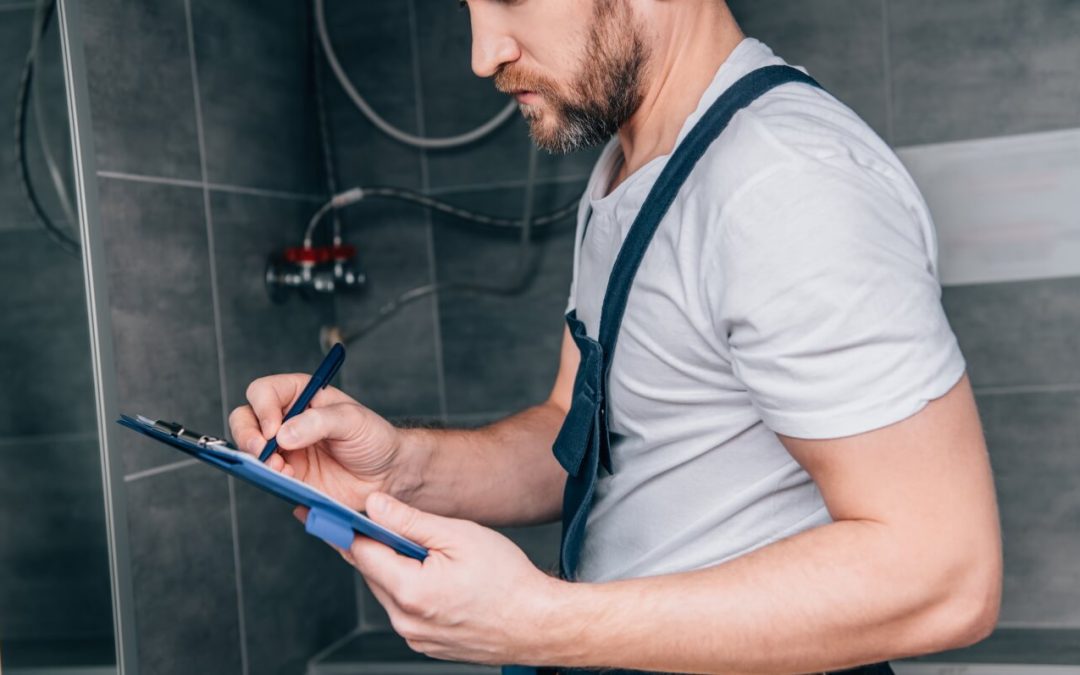Home inspections are a critical part of homeownership. Whether you’re in the market for a new home or want to sell one, you’ll want to understand the most common issues found in home inspections. While a home inspector won’t give a pass or fail grade, they’ll help identify anything that might need significant repairs.
5 Common Issues Found in Home Inspections
Electrical Issues Found in Home Inspections
Contrary to popular belief, electricity working as expected doesn’t necessarily rule out electrical faults. Most electrical faults go unnoticed because homeowners assume everything is fine as long as the lights turn on.
A home inspector will look for problems a homeowner won’t know to inspect, like worn-out wires, ground faults, circuit overloads, and exposed wiring, which may not be obvious, among other fire and electrical hazards.
An inspector will also note outdated systems and components that don’t meet current regulations.
Roofing Problems
Roofing problems are notorious for going unnoticed until it’s too late. They’re often out of sight, and most people don’t think about inspecting the roof regularly.
Unfortunately, letting a small problem get worse can cost thousands of dollars in repairs. A regular roof inspection is essential.
An inspector will go beyond evaluating your roof and inspect the sheathing, rafters, and ceilings—some of the problems to look out for include missing shingles, loose nails, and roof leaks.
Plumbing Issues and Water Damage
Plumbing issues and water damage are among the worst problems an inspector can find in a home inspection. If water has seeped too deeply into the structure and foundation, the house might be unsafe or too costly to repair.
Additionally, water damage creates a perfect environment for mold to grow. Repairs for plumbing and water damage can cost anywhere from a thousand dollars to tens of thousands, depending on the extent of the damage.
Fortunately, fixing plumbing and water damage issues is often straightforward once you find and fix the source of the problem.
High Radon Levels
According to the United States Environmental Protection Agency, over 6.5% of American homes have excessive radon levels.
It isn’t widely known, but radon is a radioactive gas known to increase the chances of contracting lung cancer. The fact that it’s odorless makes it impossible for people to detect.
That’s why it’s essential to ask your home inspector to test for radon levels, whether the home is a new or old build. Fortunately, a professional can lower the radon levels in a house. Still, the earlier you catch a radon problem, the better you can protect your family and yourself against the adverse effects it poses if you breathe it in for an extended period.
A home inspection may not be mandatory but helps determine whether the house is a good investment. Other than identifying current problems, home inspections may also help you predict potential problems that may arise soon.
Certinspectors offers inspections to homebuyers and sellers in the Hudson Valley area of New York. Contact us to request our services.

